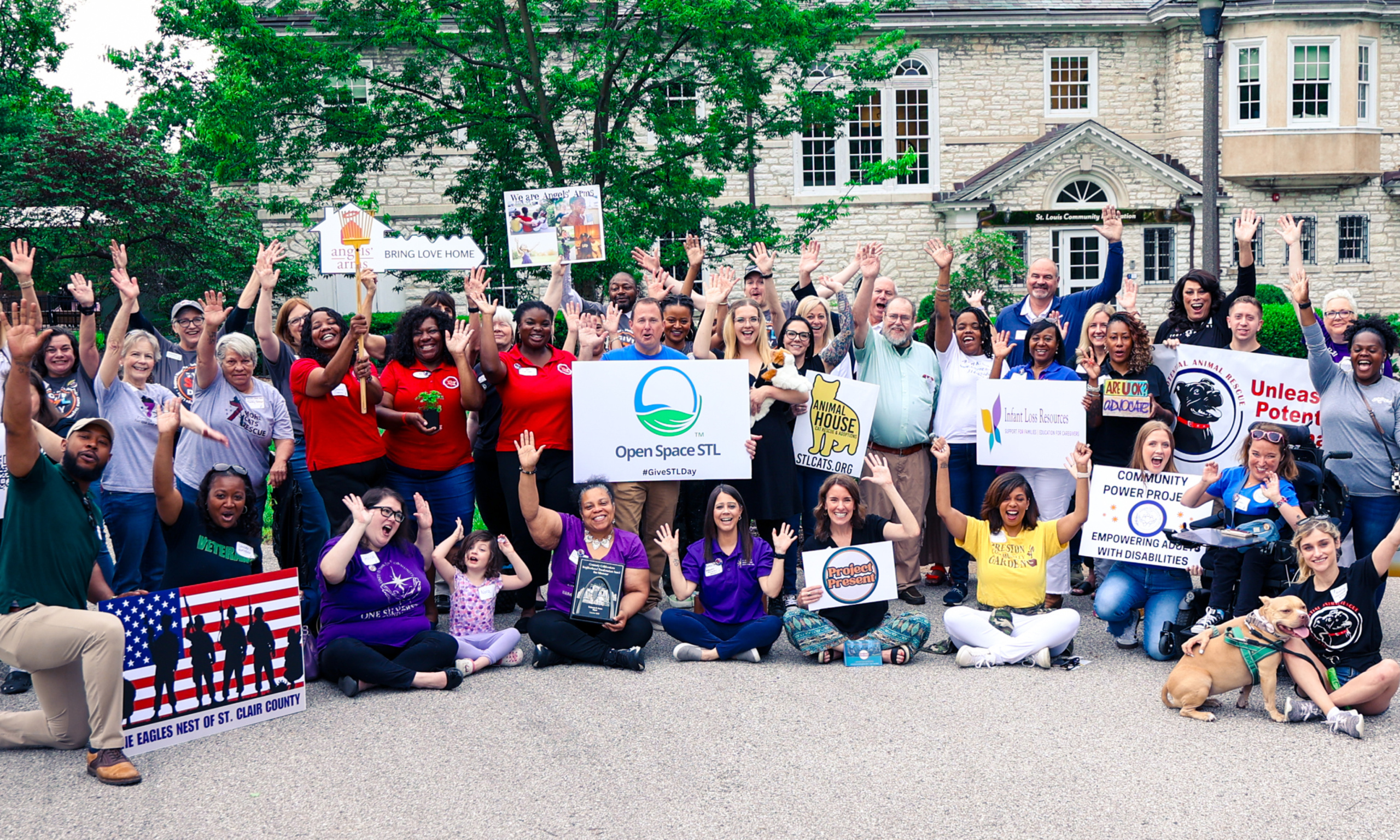What’s Happening with Refugees?
For the past several weeks, the St. Louis Community Foundation has organized calls with other funders to discuss the needs of refugees coming to St. Louis and, in particular, the Afghan refugees who were evacuated with the fall of Kabul. We have learned a great deal from these calls, from the definition of a parolee to the voids left by the last administration’s disinvestment in immigrant and refugee services.
Who is coming to St. Louis?
While the focus in the media has been on the Afghan refugees coming in the wake of the US withdrawal from Afghanistan, they are not the only refugees coming to St. Louis. The Afghans are in addition to the people St. Louis was already charged with resettling, people from Syria, Democratic Republic of the Congo, Ukraine, and other countries.
What are the visa situations?
Refugees come with different visa statuses, though the Afghans are coming with two primary statuses, SIV – special immigrant visas – and parolees. Simply, SIVs are Afghan and Iraqi (and a few other) translators, interpreters, or people who worked closely with the US Government or Command of Mission. People with SIV status come in with the guarantee of resettlement (basic needs such as housing) for 90 days and between 8 months and five years of services through the US Department of Health and Human Services. Parolees have a visa to be in the country temporarily but very limited services and no work permit. Most parolees will apply for or have applications in process for SIV or other visas.
How many are coming?
The answer to this question changes daily. The International Institute (IISTL) has been charged with resettling 1,500 refugees; 550 of whom will be Afghans with SIVs or parole status. The Afghans are beginning to arrive in small numbers; the expectation is that the majority will arrive by the end of the year. IISTL has stated that it is expecting to be asked to bring in additional parolees. As IISTL determines how many more they can resettle, they are assessing both their capacity to work with additional individuals and families and the capacity of the St. Louis immigrant & refugee service providers to absorb additional refugees.
Who is serving them?
Some of the organizations on the frontline of working with immigrants and refugees include:
- Immigrant Service Providers Network – This umbrella group helps to coordinate those organizations that work with immigrants and refugees. Their role is particularly critical as services for immigrants and refugees have been unfunded and underfunded in the past several years.
- International Institute of St. Louis – IISTL is St. Louis’s federally designated refugee resettlement organization. They are the first organization that documented refugees – SIVs and parolees – will interface with upon arrival in St. Louis. Services range from housing to workforce development to English lessons and more. IISTL currently is seeking funding for twelve new positions to support the influx of refugees.
- Christian Friends of New Americans – A ministry of the Lutheran Church, CFNA provides typical “settlement house” services – English Language classes, job and skill training, access to health care, after school tutoring, etc.
- MICA Project – Specializing in immigrant and refugee law, MICA provides a range of legal services and is currently focused on assisting undocumented and parolees secure visas.
- St. Francis Community Services – This member of Catholic Charities provides a range of services such as mental health, tutoring, after school programming, and legal services. Like MICA, their current focus is on securing visas for parolees and others that need visas (Note: MICA and St. Francis’ legal clinics are the two primary nonprofits providing legal assistance for securing visas. They are understaffed for the caseloads they are already experiencing, both from those still in Afghanistan, Haiti, and at the borders trying to come to the US and parolees already here trying to secure permanent visas.)
- Bilingual International Assistance Services – A primary provider of mental health services to immigrants and refugees, BIAS anticipates their work will ramp up in the 90 days to 6 months after arrival. Their services include Care Access to New Americans (CANA) and Survivors of Torture and War Trauma (CANA/Survivors), an important resource for the incoming Afghans.
- Welcome Neighbor STL – This organization provides emotional and social support by partnering volunteers with new families and offering entrepreneurial opportunities
- Nahed Chapman New American Academy at St. Louis Public Schools – This school is the first educational stop in SLPS for students new to the United States. Services range from accelerated English language learning to mental health and social services. The Nahed Chapman New American Academy is a national model for how to prepare children of immigrants and refugees to succeed in American schools.
There are many other service providers – employment, education, mental health, housing, social services – that will be called upon in the next several months. This abbreviated list represents some of the primary players who will work with our new neighbors as they come into the St. Louis area.
For More Information
For a more complete list or to discuss services for immigrants and refugees, please contact the St. Louis Community Foundation’s Community Investment team:
Elizabeth George
Director of Community Investment
egeorge@stlgives.org
(314) 880-4956
Nikki Martinez
Community Investment Manager
nmartinez@stlgives.org
(314) 880-4961



